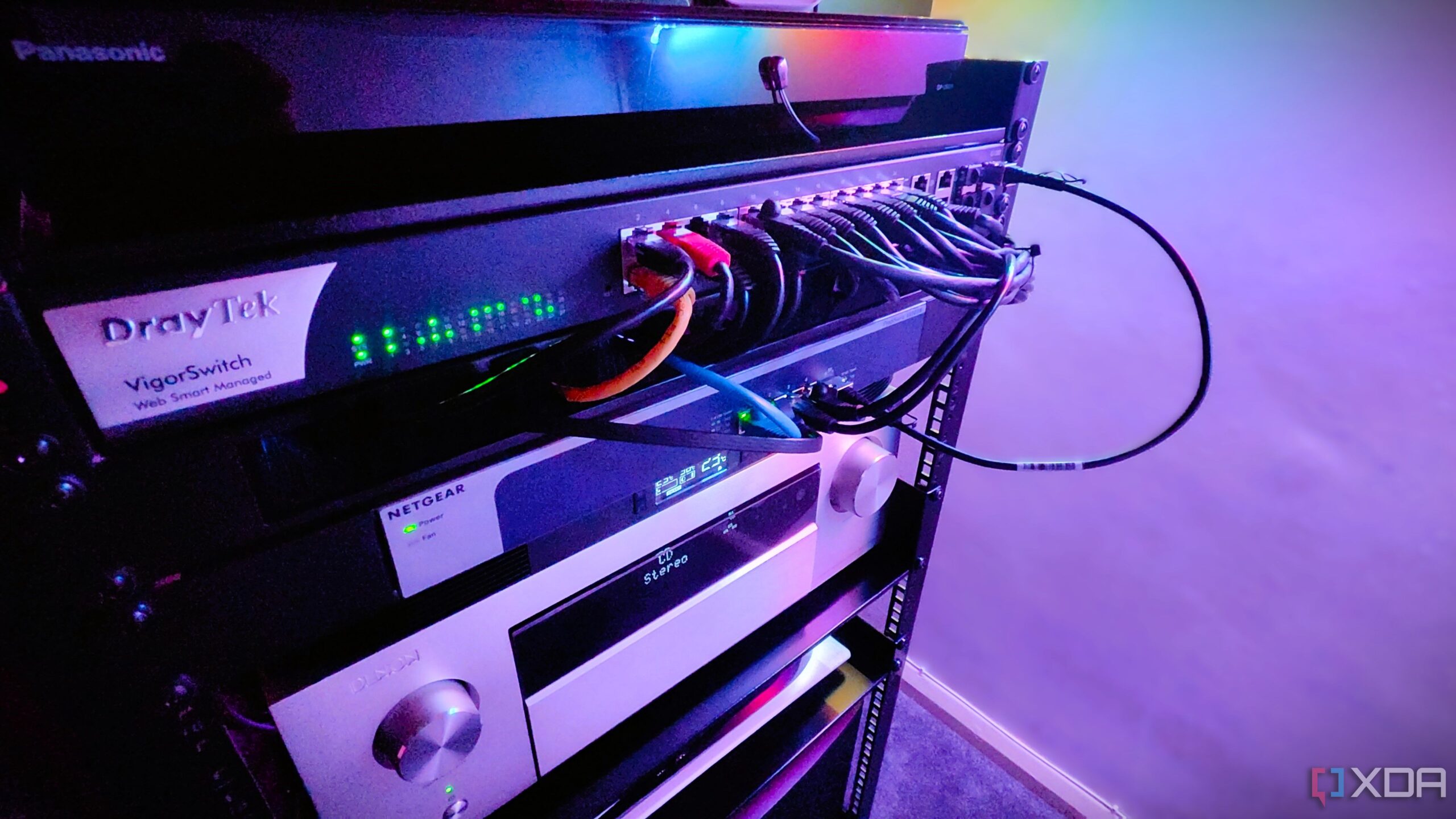URGENT UPDATE: New reports indicate that relying on USB-to-Ethernet adapters can lead to significant long-term costs due to their inherent reliability issues. As users increasingly turn to these low-cost solutions, experts warn that the convenience might come at a steep price.
USB-to-Ethernet adapters, often priced under $20, are widely available in electronics stores and appear to be an easy fix for devices lacking dedicated Ethernet ports. However, a closer look reveals that these adapters are only suitable for light or temporary use. When it comes to serious networking needs, their performance can falter, introducing instability into crucial tasks like video calls, file transfers, and online gaming.
The issue lies in the adapters’ fundamental design. USB was not originally intended for networking, requiring complex signal translation that can create vulnerabilities. Users often report frustrating disconnections and speed drops, leading to potential data corruption during critical operations. These challenges are exacerbated by bandwidth limitations, as the USB bus shares resources with other peripherals, resulting in network throttling during high traffic.
Compatibility also poses a significant risk. Different chipsets across devices lead to inconsistent performance, especially after operating system updates. This unpredictability renders USB-to-Ethernet adapters unsuitable for long-term deployments where reliability is paramount.
Experts recommend investing in devices with built-in Ethernet support to avoid these pitfalls. Native ports connect directly to the system bus, ensuring more stable and reliable networking capabilities. For those requiring portable solutions, docking stations that include dedicated Ethernet controllers offer a more robust alternative, though they come at a higher cost.
In professional environments, dedicated network hardware such as managed switches is essential. These devices are designed to deliver predictable performance, safeguarding uptime and data integrity.
While USB-to-Ethernet adapters may serve as a temporary fix for quick configurations or travel needs, they should not be relied upon for critical tasks. As the demand for stable connectivity continues to grow, the call for better networking solutions becomes increasingly urgent.
As connectivity remains the backbone of modern computing, any shortcuts taken with USB-to-Ethernet adapters may ultimately lead to higher expenses and lost productivity. Users are advised to prioritize reliability over convenience, ensuring that they invest in proper networking hardware to meet their needs.
For anyone relying on network connections for work or personal use, the message is clear: prioritize stability and invest wisely to avoid costly disruptions in the future.
